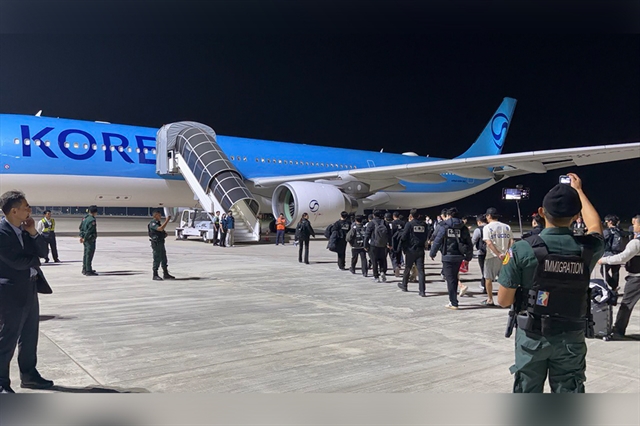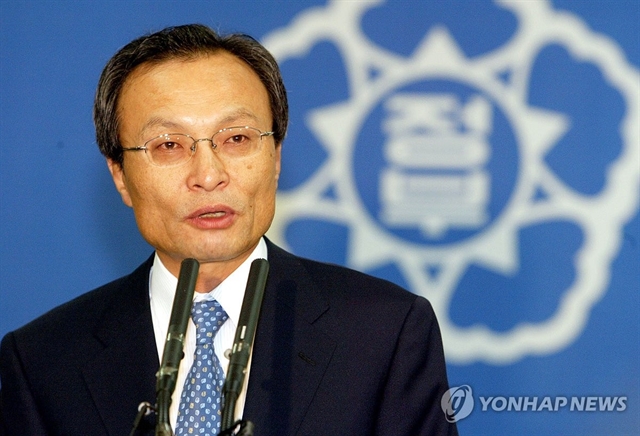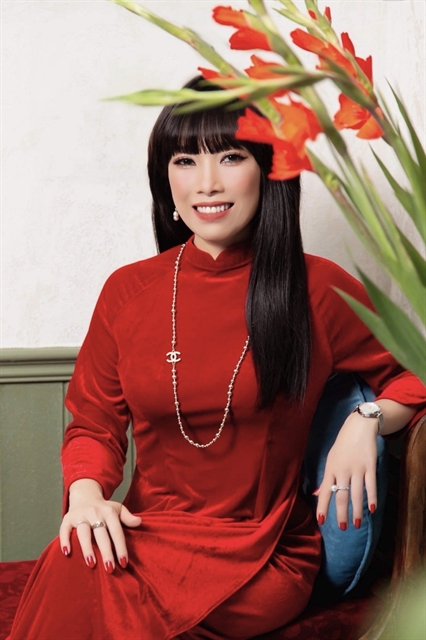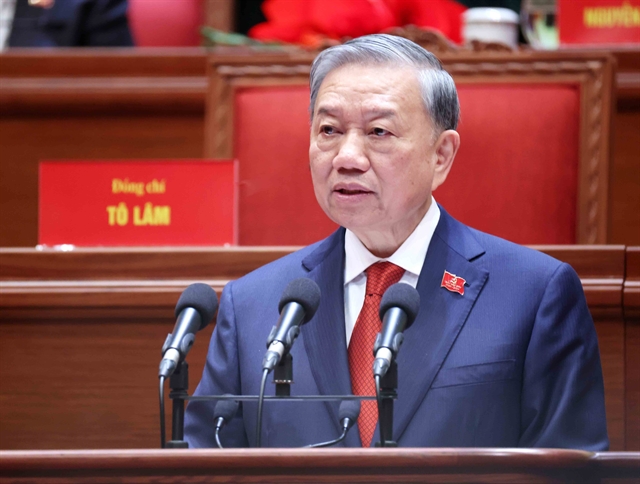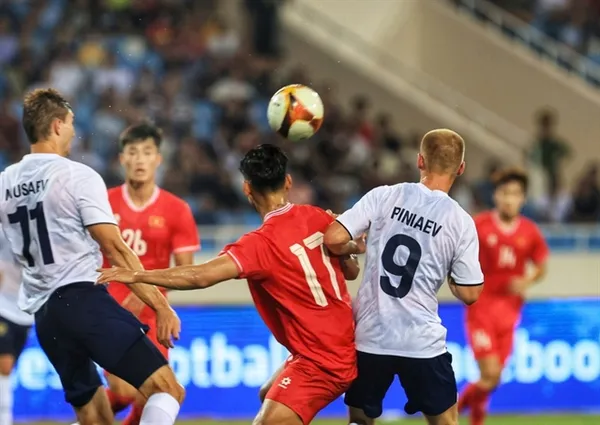 Sports
Sports
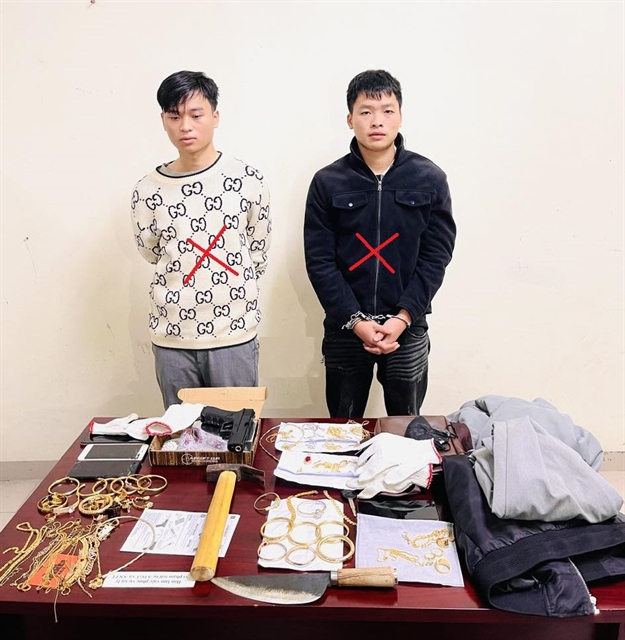
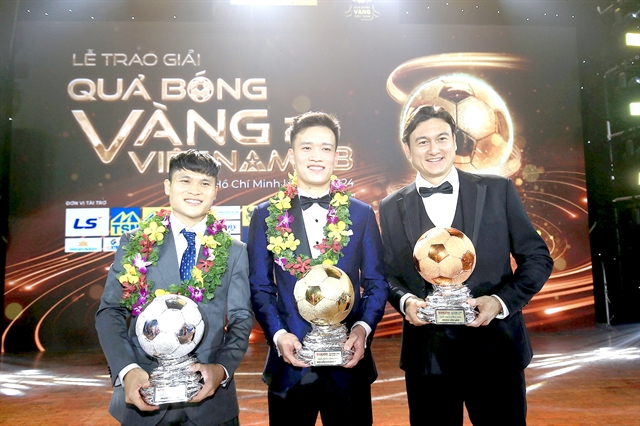 |
| Nguyễn Hoàng Đức (centre) pictured with Đặng Văn Lâm (right) and Phạm Tuấn Hải (left) in the 2023 Vietnamese Golden Ball ceremony. Hải remains as the only player in this picture still playing in top-tier Vietnamese football. VNA/VNS Photo Thanh Vũ |
Anh Đức
Two-time Vietnamese Golden Ball winner and national team star Nguyễn Hoàng Đức recently completed his transfer on October 8 from top tier Thể Công Viettel FC to V.League 2 outfit Phù Đổng Ninh Bình, to the surprise and chagrin of Vietnamese fans.
A transfer saga that played out for months with speculation of Đức being the next Vietnamese player to go abroad ended in him staying in Việt Nam but in a place that no one would have guessed.
To put it into perspective, this is as if Chelsea's Cole Palmer moving to the Championship to play for Derby County.
Fans criticised Đức for the move, accusing him of money-grabbing and calling the transfer a "downgrade to Vietnamese football". But in Đức's defence, he has some reasonable arguments.
It is noteworthy to state that at the young ripe age of twenty-seven, the contract with Phù Đổng Ninh Bình is Đức's first contract where he has a signing-on fee.
Đức, a graduate of the Viettel Football Centre, has played for the Reds from youth levels since 2008. A bizarre ruling by Thể Công stated that after graduation, players have to play for six more years, in which period they would sign two three-year contracts where they are only able to negotiate salaries, but no signing-on fees.
As the contract is going to run out in January 2025, Viettel tried to keep Đức but both sides could not reach an agreement. Phù Đổng Ninh Bình's owner, Nguyễn Đức Thuỵ quickly swooped in and got the midfielder's nod, with Đức then paying an undisclosed amount for the rest of the contract at Viettel and moved just in time before player registration time ends for the V.League 2.
The transfer highlighted a selfish ruling that kept many young Vietnamese stars from striving to reach their best potential, but Viettel is not the only club that implement this rule in developing youngsters.
Hoàng Anh Gia Lai FC, who were best known for their football academy with Arsenal, in August modified their policy on all current young players' contracts, moving the youth contracts age limit from 28 to 24.
Twenty-seven and 28 are definitely not age levels where a footballer is called "young".
On the other hand, Đức's transfer to the second tier of Vietnamese football signals a disturbing trend.
National team stars such as Đức are somewhat unmatched in the V.League and with that comes complacency. The demise of Philippe Troussier showed that the Golden Generation of 2018 are still irreplaceable, as younger players are just not good enough to make the cut and no matter where or how Đức plays, the national team manager would still call him up because he is still one of the best players in the land.
The only other challenging option is to go abroad. But after the continuous failures of Vietnamese players in the last couple of years, it seemed that going abroad is too much of a high-risk bet than staying put and earning billions.
And the two-time Vietnamese Golden Ball winner seemed to have chosen the easier path. VNS

